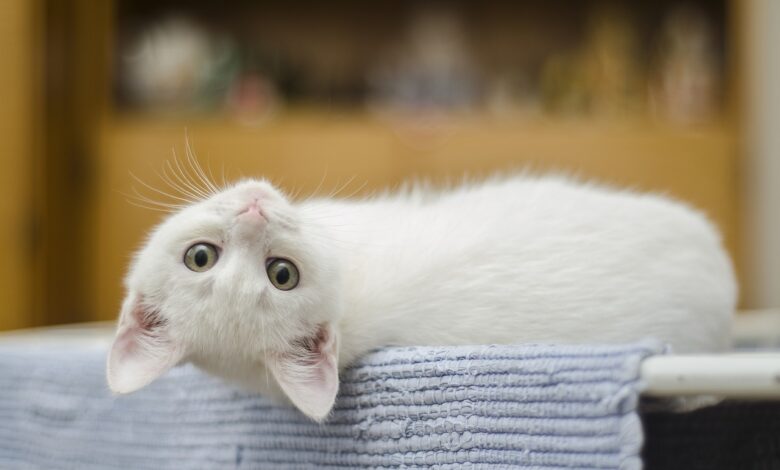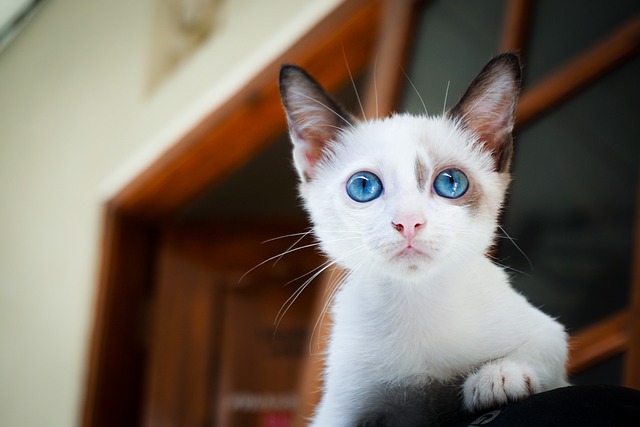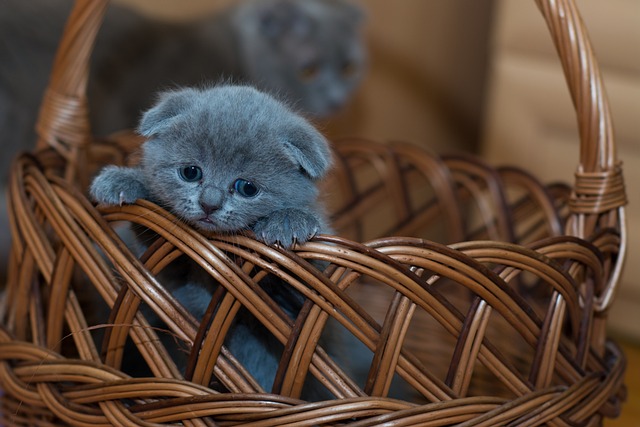Cats: Graceful Felines and Enigmatic Companions

Cats have captivated humans with their grace, independence, and enigmatic charm for thousands of years. As one of the most popular pets worldwide, they have earned a special place in our hearts.
Table of Contents
Scientific Name
The scientific name for cats is Felis catus. This means that cats are members of the Felidae family, which also includes lions, tigers, and leopards.
Evolution of Cats
The evolutionary history of cats can be traced back to their wild ancestors, which were solitary and fierce hunters. Ancient civilizations recognized their value in controlling pests, leading to their domestication around 7500 BCE. Over time, cats became esteemed companions, revered in various cultures for their mystical and independent nature.
Types of Cats
The feline family boasts a diverse array of breeds, each possessing distinctive characteristics and traits. From the majestic Maine Coon and elegant Siamese to the playful Bengal and affectionate Ragdoll, there is a cat breed to suit every preference and lifestyle. Some breeds are known for their vocalizations, while others are cherished for their long, silky fur or unique coat patterns.

Behavior and Communication
Cats are renowned for their mysterious behavior and the ability to communicate without words. Their body language, vocalizations, and purring serve as forms of expression. Purring can indicate contentment, but it may also be a self-soothing mechanism in times of stress. Cats use various vocalizations like meowing, hissing, and chirping to convey their needs and emotions to humans and other animals.
Habitat and Adaptations
While domestic cats have become accustomed to living indoors with humans, their wild counterparts are skilled hunters and survivors. From the deserts to the rainforests, cats have adapted to various habitats, thanks to their agility, keen senses, and retractable claws that aid in climbing and catching prey.
Diet and Nutrition
Cats are obligate carnivores, meaning their diet primarily consists of meat. In the wild, they prey on birds, rodents, and insects. For domestic cats, a balanced diet should include high-quality commercial cat food or homemade recipes that meet their nutritional requirements. Cats require specific nutrients like taurine, which is essential for their heart and eye health.
Predators and Threats
In the wild, cats face threats from larger predators and rival animals. As domesticated pets, they are relatively safe from natural dangers. However, cats living outdoors can be at risk from traffic accidents, exposure to harsh weather, and confrontations with other animals. Keeping cats indoors or providing supervised outdoor time can help protect them from potential hazards.

Reproduction, Kittens, and Lifespan
Female cats go through estrus, or heat, multiple times a year, during which they can conceive if they mate with a male cat. Pregnancy typically lasts around 63 days, and a litter can consist of several kittens. Mother cats provide essential care and grooming for their kittens during the early weeks. The lifespan of a cat varies based on factors like breed, genetics, and environment, with indoor cats generally living longer than outdoor cats.
Population and Adoption
Cats have become one of the most popular pets globally, and their population is substantial. Unfortunately, overpopulation remains an issue, leading to many cats ending up in shelters. Responsible pet ownership, spaying, and neutering play crucial roles in controlling the cat population and ensuring they find loving forever homes.
FAQs about Cats
- Q: Do cats always land on their feet when they fall? A: Cats have a unique righting reflex that allows them to twist their bodies mid-air, increasing the likelihood of landing on their feet. However, this doesn’t guarantee they will escape unscathed.
- Q: Can cats see in complete darkness? A: While cats have excellent night vision, they cannot see in absolute darkness. Their eyes require some light to function optimally.
- Q: Do cats have a strong sense of smell? A: Yes, cats possess a highly developed sense of smell, which they use for hunting, exploring their surroundings, and detecting familiar scents.
- Q: Are cats solitary animals? A: Cats are generally solitary hunters, but they can also be social animals, forming close bonds with their human families and even other pets.
- Q: Do cats purr only when they are happy? A: Cats may purr when they are content, but they can also purr when they are in pain, anxious, or seeking comfort.

Conclusion
Cats have left an indelible mark on human civilization, captivating us with their mysterious and alluring nature. As both hunters and cherished companions, they have adapted remarkably well to various environments. Understanding and appreciating their unique behaviors and needs is essential for building strong and harmonious relationships with these graceful felines.
List of Cat Breeds
| Abyssinian | American Wirehair | Australian Mist |
| Balinese | Birman | Bombay |
| Burmese | Cat | Chartreux |
| Corn Rex Cat (Cornish Rex) | Devon Rex | Egyptian Mau |
| Himalayan | Javanese | Maine Coon |
| Nebelung | Norwegian Forest | Persian |
| Ragamuffin | Ragdoll | Russian Blue |
| Scottish Fold Cat | Siamese | Siberian |
| Snowshoe | Somali | Sphynx |
| Tiffany | Turkish Angora |


